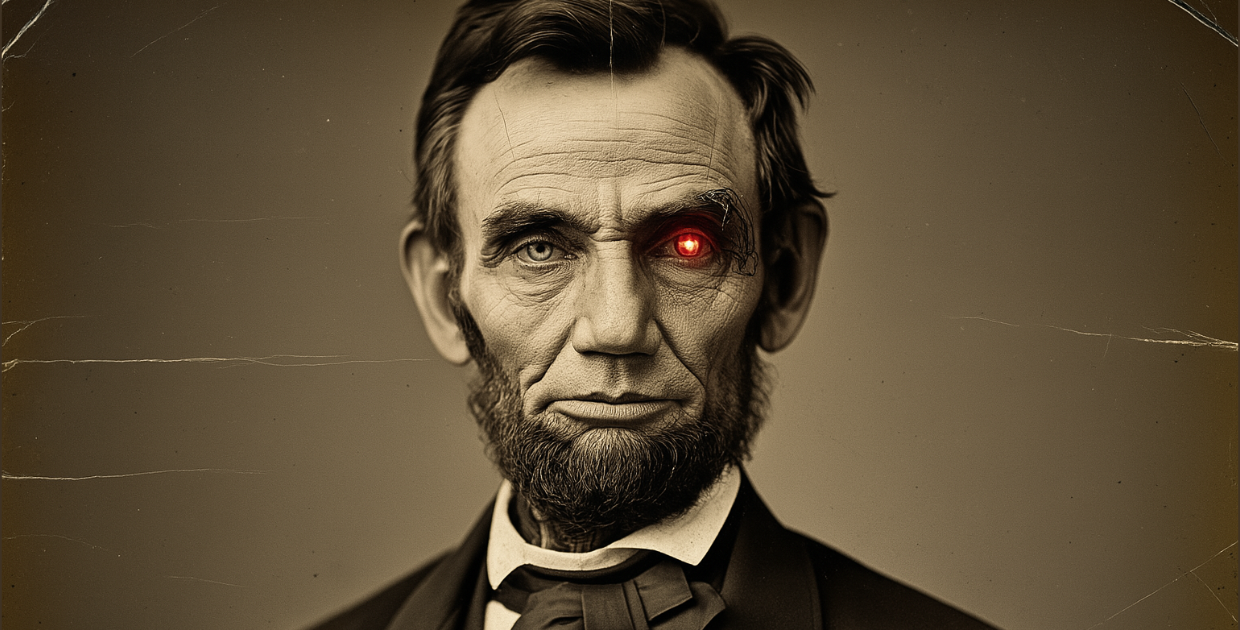Our guest today is Doug Heye, a strategic communications advisor and political commentator. Doug was the communications director for the Republican National Committee during the 2010 election cycle and on Capitol Hill was Deputy Chief of Staff to House Majority Leader Eric Cantor. In our conversation today we go behind the scenes on cable news, how Doug prepares for a hit, and what producers are looking for in a guest.





